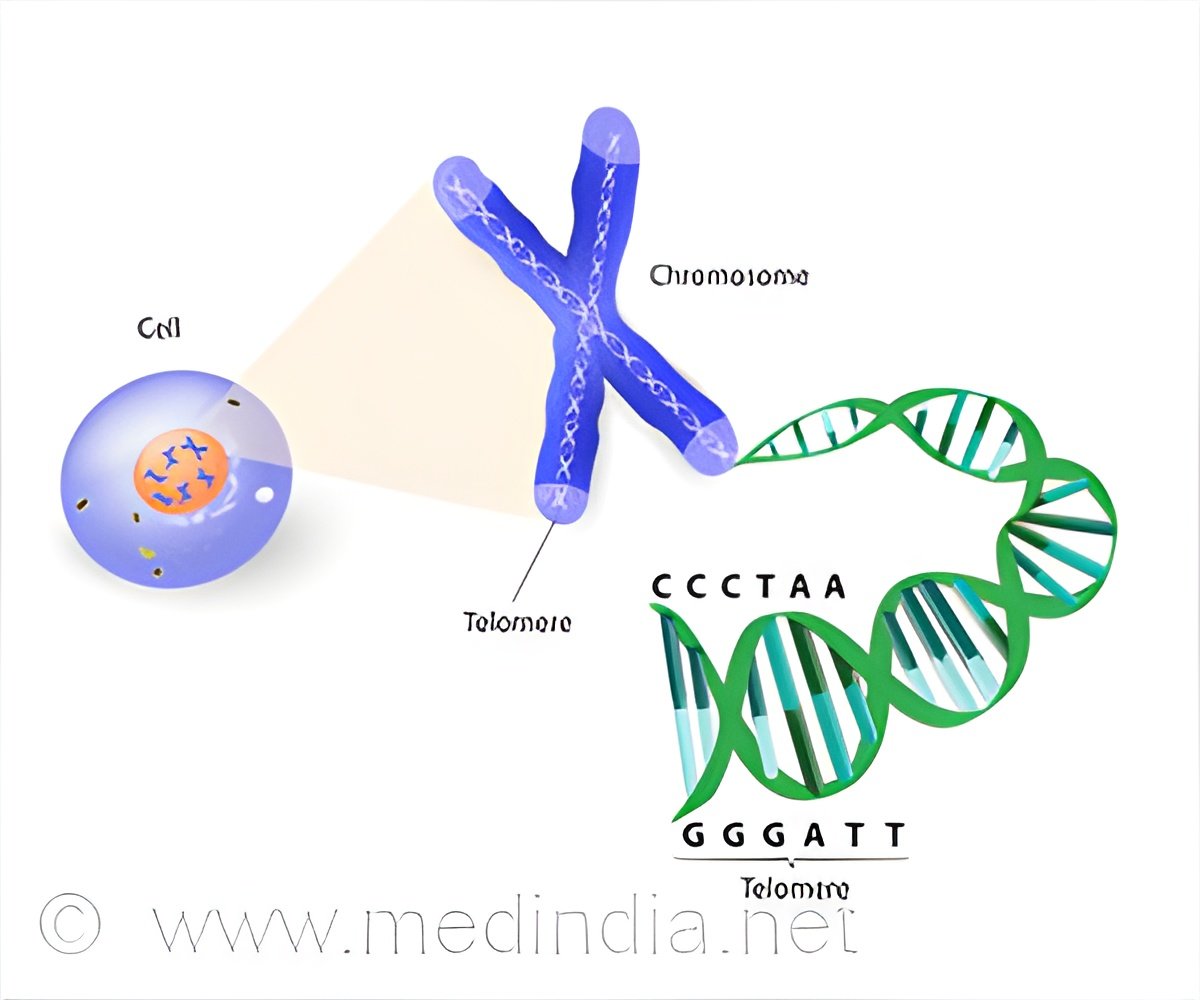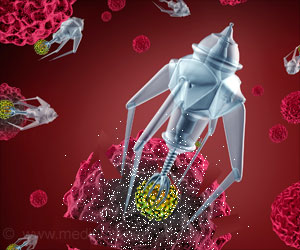
‘Telomeres shortening is proven to have a protective function in cancer, which presents the answer to an unsolved decades-old controversy between telomeres and cancer. This would further enhance the development strategies in cancer treatment.’
Tweet it Now
Telomere and cancer:A study that analyzed mutations in Dutch families with exceptional cancer histories, present the answer to an unsolved decades-old controversy between telomeres and cancer. It was demonstrated that these families had mutations in TINF2, the gene that encodes the TIN2 protein – significant to control telomere length. This resulted in unusually long telomeres among the mutated family.
Telomerase is a type of enzyme that adds telomeric DNA to the ends of chromosomes thereby maintaining the size of the telomeres. This enzyme is not present in normal human cells, which explains why their telomeres wither away. This telomere shortening program limits the number of divisions of normal human cells to about 50.
Thus, any cancer cell that divides beyond 50, has to activate telomerase via specific mutations so that telomeres length is increased. The idea was proved right with several mouse experiments that showed shortening telomeres can indeed protect against cancer, although the existence of a telomere tumor suppressor system in humans remains controversial.
The telomere tumor suppressor pathway can only work if we are born with telomeres of the right length; if the telomeres are too long, the telomere reserve would not run out in time to stop cancer development. Longer telomeres will afford cancer cells, additional divisions, during which mutations can creep into the genetic code, including mutations that activate telomerase.
Advertisement
The study thus draws attention to the power of basic science to transform our understanding of medicine and its further development for the better of mankind.
Advertisement












